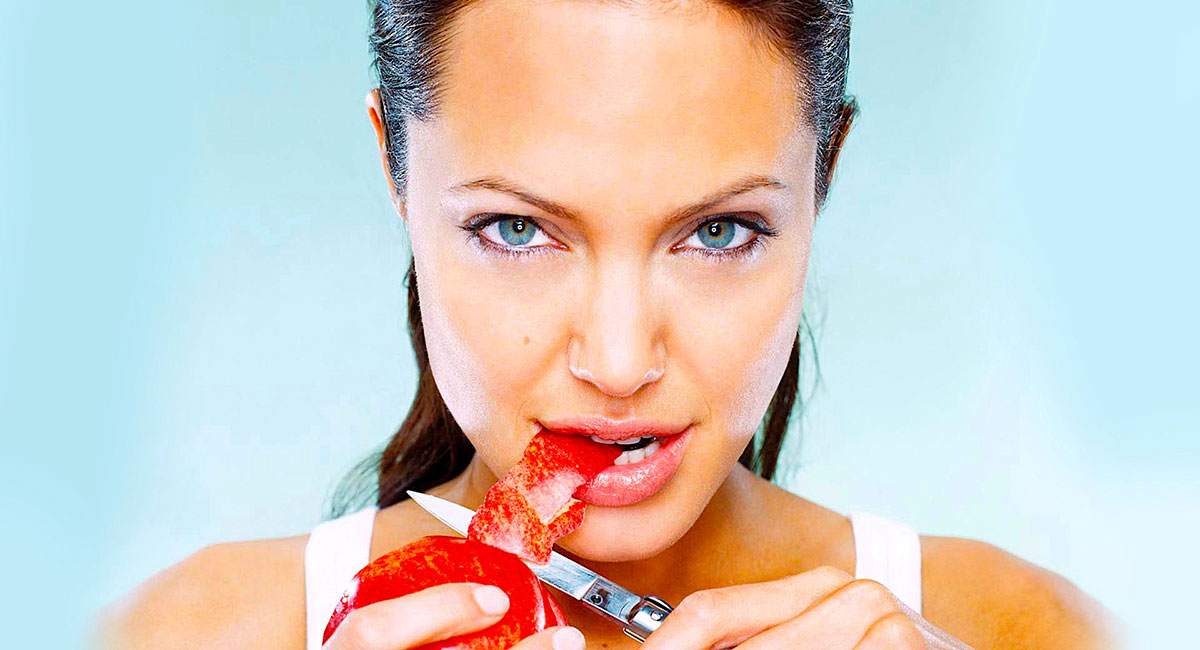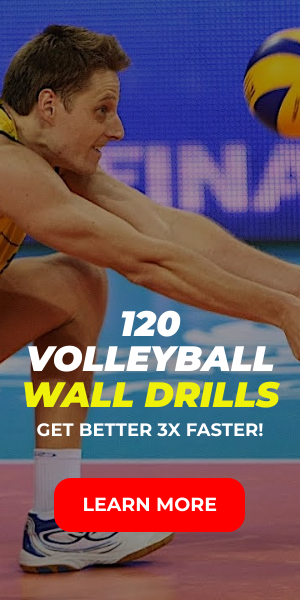Volleyball is a dynamic sport that demands strength, speed, and endurance. To achieve peak performance, athletes must fuel their bodies with the right nutrition. Understanding what to eat before, during, and after games can significantly impact performance and recovery. This blog will explore the best nutritional practices for volleyball players, focusing on macronutrient balance, hydration, and timing of meals.
The Importance of Balanced Macronutrients
Carbohydrates: The Primary Fuel Source
Carbohydrates are the primary energy source for volleyball players. They provide the quick energy needed for explosive movements such as jumping, spiking, and diving.
- Complex Carbohydrates: Foods like whole grains, beans, and starchy vegetables should be the foundation of a volleyball player’s diet. These carbs are digested slowly, providing sustained energy.
- Simple Carbohydrates: These should be consumed sparingly but can be beneficial before a game or during training for a quick energy boost. Examples include fruits, honey, and sports drinks.
Proteins: Essential for Muscle Repair and Growth
Protein is crucial for repairing and building muscles. Volleyball involves intense physical activity that breaks down muscle fibers, making protein intake vital for recovery.
- Lean Proteins: Chicken, turkey, fish, and plant-based proteins like beans and lentils are excellent sources.
- Protein Timing: Consuming protein within 30 minutes to two hours after exercise can enhance muscle recovery and growth.
Fats: For Sustained Energy
Healthy fats provide long-lasting energy and support overall health. They are especially important for long tournaments where energy levels need to be maintained.
- Healthy Fats: Avocados, nuts, seeds, and olive oil are great sources of healthy fats.
- Moderation: While fats are essential, they should be consumed in moderation as they are calorie-dense.
Hydration: The Key to Performance
Staying hydrated is critical for volleyball players. Dehydration can lead to decreased performance, muscle cramps, and increased risk of injury.
Water: The Essential Hydrator
Water should be the primary source of hydration for volleyball players. It helps regulate body temperature, lubricate joints, and transport nutrients.
- Daily Intake: Athletes should aim to drink at least half their body weight in ounces of water each day.
- During Play: Drink small amounts of water every 15-20 minutes during practice and games.
Electrolytes: Maintaining Balance
Electrolytes like sodium, potassium, and magnesium are lost through sweat and need to be replenished.
- Electrolyte Drinks: Sports drinks or electrolyte tablets can help maintain the balance of electrolytes, especially during long games or tournaments.
- Natural Sources: Foods like bananas, oranges, and leafy greens are also rich in electrolytes.
Timing of Meals and Snacks
Pre-Game Nutrition: Fueling Up
Eating the right foods before a game can enhance performance.
- Timing: Aim to eat a balanced meal 3-4 hours before the game.
- Composition: Include complex carbohydrates, lean protein, and a small amount of healthy fat. For example, grilled chicken with brown rice and vegetables.
Intra-Game Nutrition: Sustaining Energy
During the game, quick and easily digestible snacks can help sustain energy levels.
- Options: Fruits like bananas, energy bars, and sports drinks are ideal.
- Frequency: Consume small amounts during breaks or time-outs.
Post-Game Nutrition: Recovery and Rebuilding
Recovery nutrition is crucial for muscle repair, replenishing energy stores, and even enhancing your performance in activities requiring quick thinking and strategy, such as mastering roulette game tricks and tips.
- Timing: Eat a snack or meal within 30 minutes to two hours after the game.
- Composition: Include a combination of protein and carbohydrates. A smoothie with protein powder, fruits, and yogurt is an excellent option.
Specific Meal Plans for Volleyball Players
Sample Day Meal Plan
Breakfast:
- Oatmeal with berries and a scoop of protein powder
- A glass of orange juice
Mid-Morning Snack:
- Greek yogurt with a handful of nuts
Lunch:
- Grilled chicken breast
- Quinoa salad with mixed vegetables
- An apple
Afternoon Snack:
- Whole grain toast with avocado
Dinner:
- Baked salmon
- Sweet potato
- Steamed broccoli
Evening Snack:
- Cottage cheese with pineapple
Tournament Day Meal Plan
Breakfast:
- Whole grain pancakes with banana slices
- Scrambled eggs
- Water
Pre-Game Snack:
- A smoothie with protein powder, spinach, and mango
During Game:
- Water
- Sports drink (as needed)
- Orange slices
Post-Game Meal:
- Turkey sandwich on whole grain bread
- A side of carrot sticks
- Water
Supplements: Enhancing Performance
While a balanced diet should provide most of the nutrients needed, some supplements can support volleyball performance.
Common Supplements
- Protein Powder: For convenient protein intake, especially post-workout.
- Creatine: May help improve strength and power.
- Multivitamins: To ensure all micronutrient needs are met.
Consultation with Professionals
Before taking any supplements, it’s important to consult with a healthcare provider or nutritionist to ensure they are safe and necessary.
Conclusion
Optimizing nutrition is essential for volleyball players to achieve peak performance. By focusing on balanced macronutrients, staying hydrated, and timing meals effectively, athletes can enhance their energy levels, improve recovery, and perform at their best. Consistency and attention to dietary needs are key components of a successful volleyball nutrition plan.





